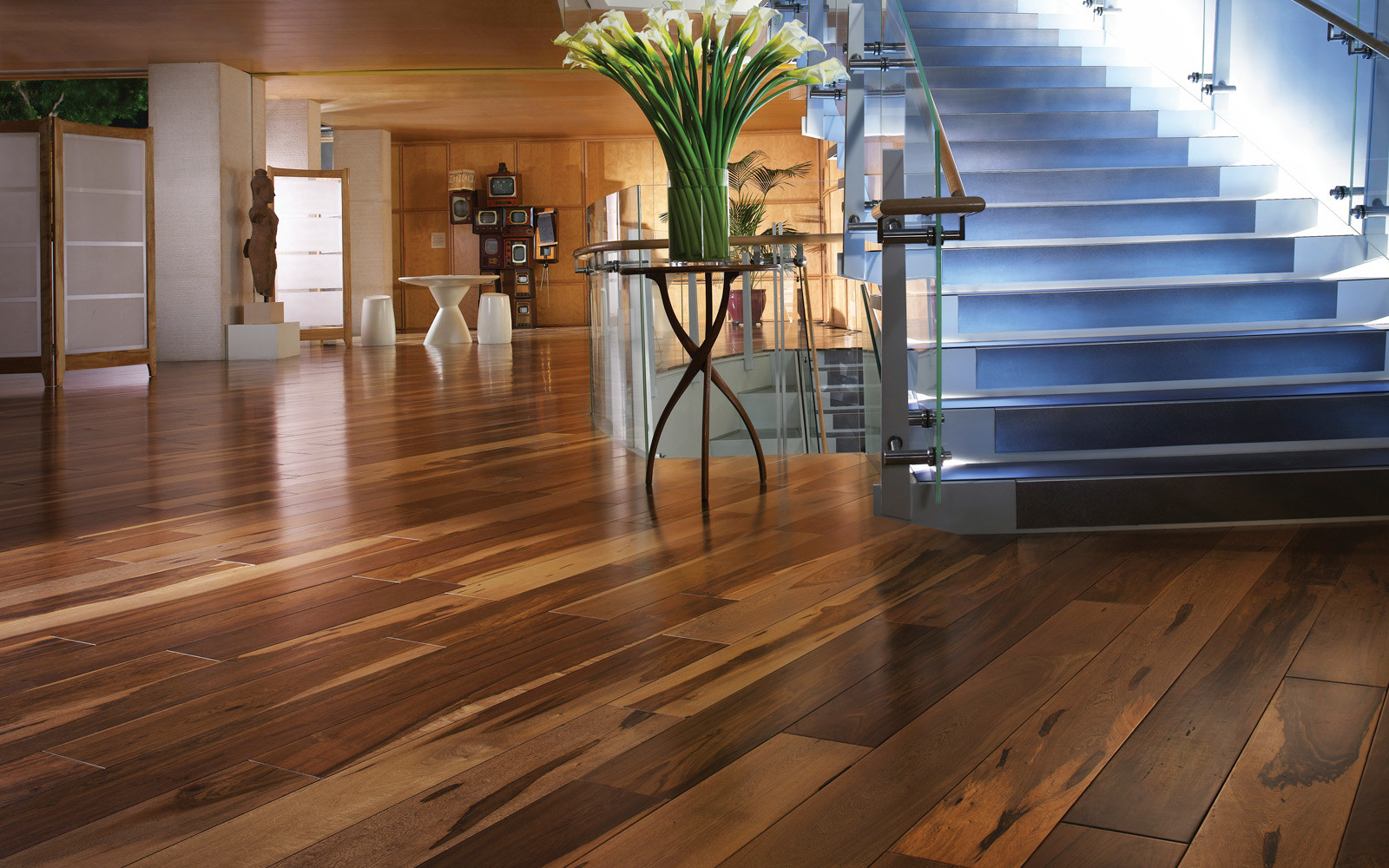When revamping your wooden floors, choosing the right floor sander is essential. Whether you’re dealing with oak, pine, or mahogany, the type of sander you select can make all the difference. Here’s a guide to help you choose the best floor sanders in Melbourne for your specific wood type.
Understanding Your Wood Type
Before discussing the types of sanders, it’s crucial to understand the characteristics of your wood. Different woods have different densities and grain patterns, which affect how they should be sanded.
Hardwoods vs. Softwoods
- Hardwoods: Oak, maple, and mahogany are dense and durable, often requiring more powerful sanders.
- Softwoods: Pine and fir are less dense and more prone to damage, needing a gentler touch.
Types of Floor Sanders
Choosing the right floor sanders in Melbourne involves understanding the available types and their suitability for your wood type.
Drum Sanders
Drum sanders are powerful machines ideal for large, flat areas. They are perfect for hardwoods but can be too aggressive for softwoods.
- Best For: Hardwoods like oak and maple.
- Not Recommended For: Softwoods due to the risk of gouging.
Orbital Sanders
Orbital sanders are more versatile and less aggressive than drum sanders. They work well on both hardwoods and softwoods.
- Best For: Both hardwoods and softwoods.
- Advantages: Gentle on wood, easy to control, and less risk of damaging the floor.
Edge Sanders
Edge sanders are designed to reach corners and edges that other sanders can’t. They complement drum and orbital sanders.
- Best For: All wood types, specifically for edge and corner work.
- Advantages: Precision in hard-to-reach areas.
Detail Sanders
Detail sanders are small, handheld tools for intricate work on corners and edges. They are ideal for touch-ups and detailed sanding.
- Best For: Detailed work on both hardwoods and softwoods.
- Advantages: Great for fine details and small areas.

Choosing the Right Sander
Consider the Wood Type
When selecting floor sanders in Melbourne, match the sander to your wood type:
- A drum sander provides the power needed for a smooth finish for dense hardwoods like oak and maple.
- For softer woods like pine, an orbital sander is gentler and reduces the risk of damage.
Think About the Floor Condition
Assess the condition of your floor. A drum sander might be necessary if it’s heavily worn or damaged. An orbital sander or even a detail sander might suffice for minor refinishing.
Evaluate the Area Size
The size of the area also influences your choice:
- Large areas: Drum sanders can cover more ground quickly.
- Small or detailed areas: Orbital or detail sanders offer better control and precision.
Tips for Using Floor Sanders
Practice Makes Perfect
If you’re new to sanding, practice on a scrap piece of wood before tackling your floor. This will help you get a feel for the machine and prevent costly mistakes.
Keep the Sander Moving
Never let the sander sit in one spot, as this can create uneven spots or gouges. Keep it moving steadily for a uniform finish.
Follow the Grain
Always sand in the direction of the wood grain to avoid scratches and achieve a smooth finish.
Safety First
To protect yourself from dust and noise, wear appropriate safety gear, including masks, goggles, and ear protection.
Conclusion
Choosing the right sander for your wood type is key to achieving a beautiful, professional finish. Whether you’re working with hardwoods or softwoods, there’s a perfect sander for the job.
By understanding your wood type and the different sanders available, you can make an informed choice and confidently transform your floors.
For the best results, consider hiring professional floor sanders in Melbourne to ensure your floors look their best. At Prestige Floors, we bring the best floor sanding services for your beautiful home.
Our team is powered by top-notch sanding equipment and many years of experience in the sanding industry.
